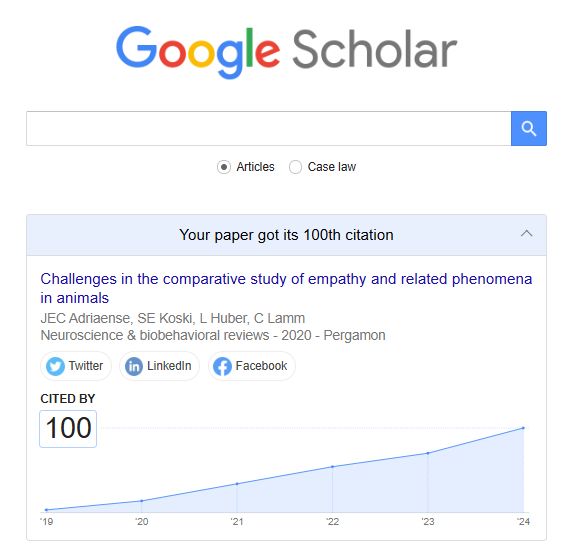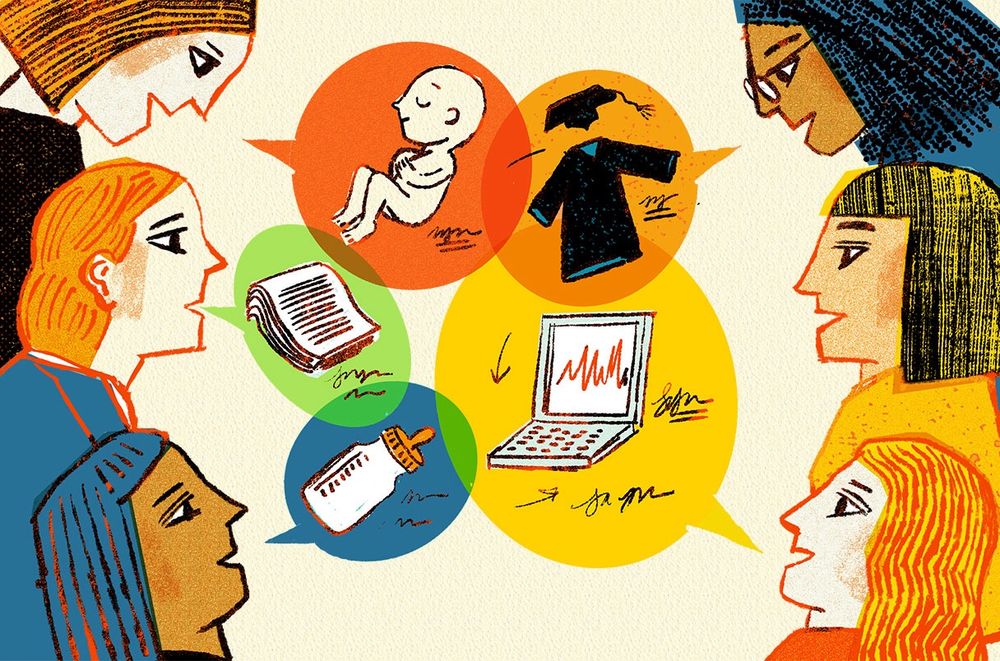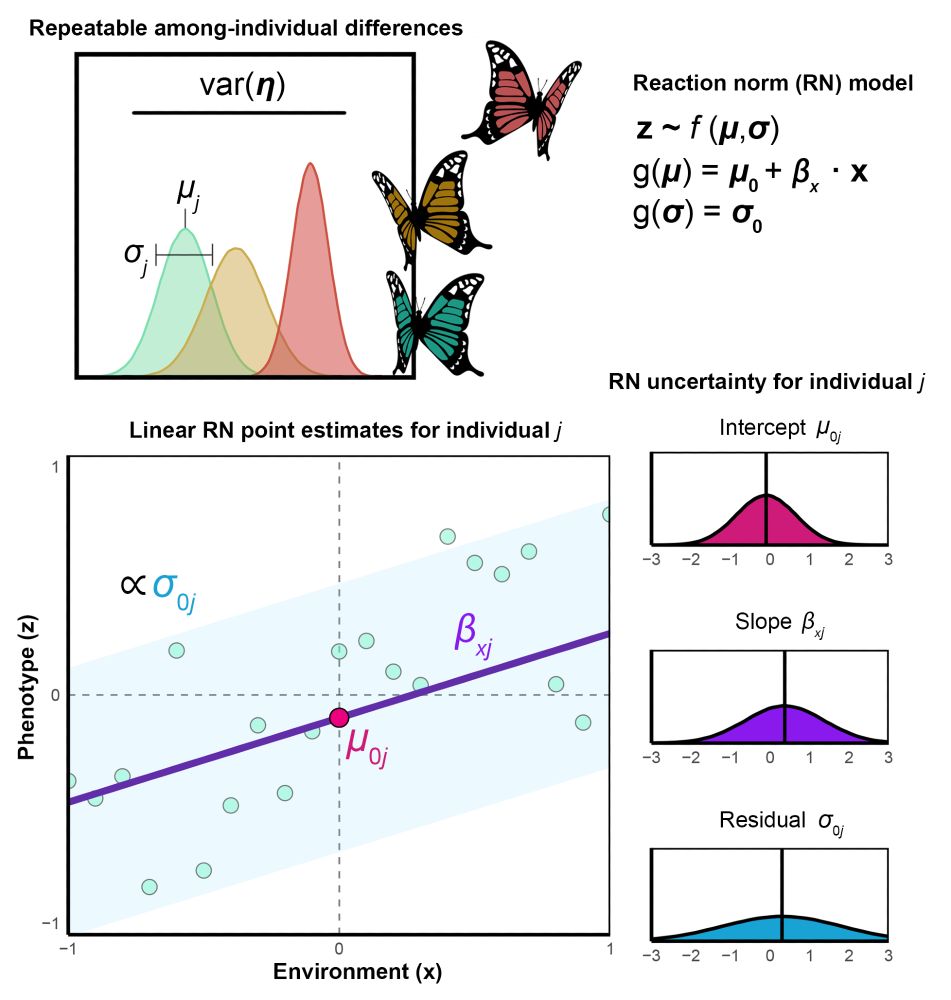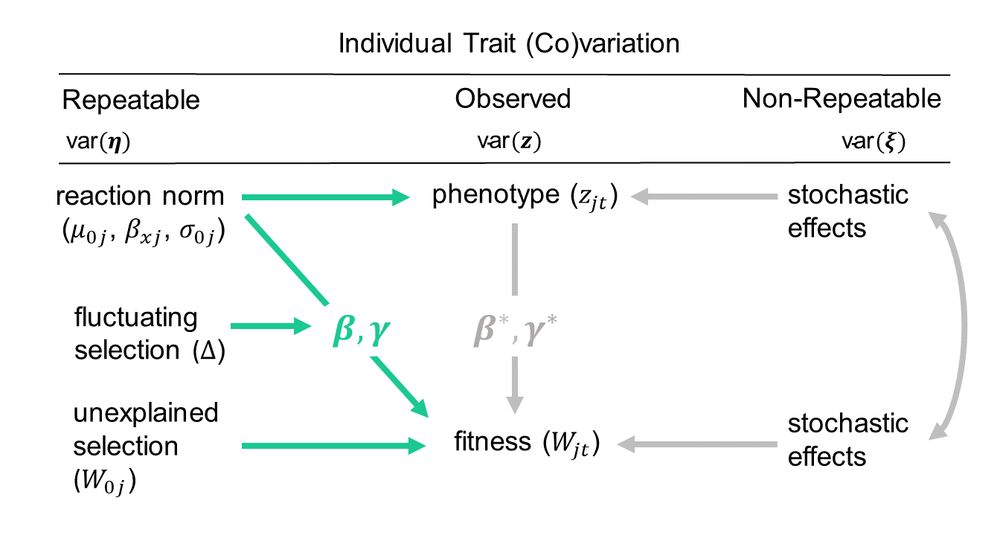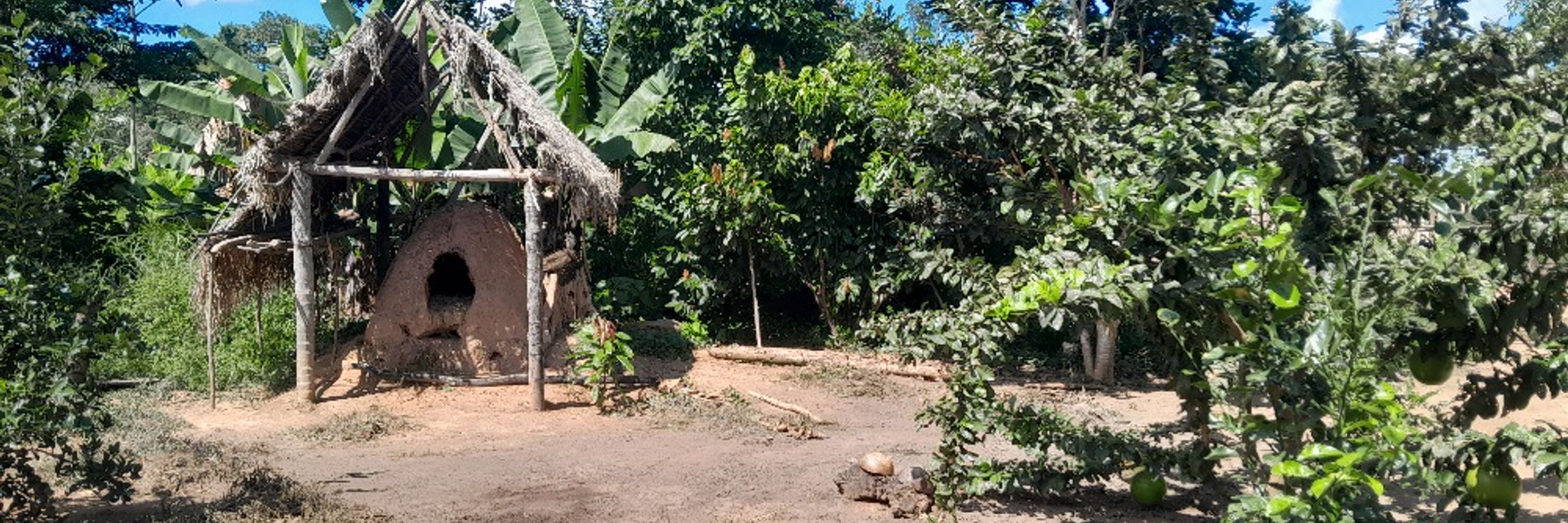
Interested in individual differences, phenotypic plasticity, and the interaction between social, ecological, and evolutionary dynamics.
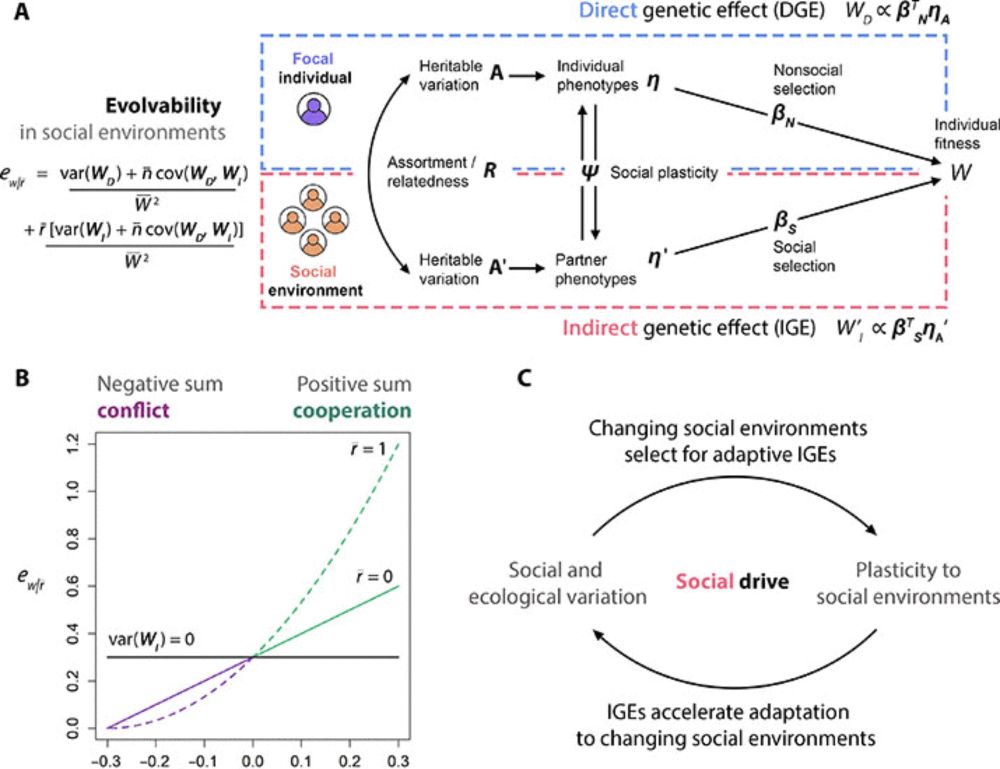
www.science.org/doi/10.1126/...
#Drosophila
#Diptera
royalsocietypublishing.org/rsbl/article...

#Drosophila
#Diptera
royalsocietypublishing.org/rsbl/article...
"Estimating (non)linear selection on reaction norms:
A general framework for labile traits"
Work done in collaboration with Yimen Araya-Ajoy, Niels Dingemanse, @ali--wilson.bsky.social, and David Westneat.
onlinelibrary.wiley.com/doi/10.1002/...

"Estimating (non)linear selection on reaction norms:
A general framework for labile traits"
Work done in collaboration with Yimen Araya-Ajoy, Niels Dingemanse, @ali--wilson.bsky.social, and David Westneat.
onlinelibrary.wiley.com/doi/10.1002/...

Using long-term data on house sparrows, we find that quantity-quality tradeoffs near a local fitness ridge favor more or less canalized clutch size distributions in response to environmental variability.
academic.oup.com/evolut/advan...

Using long-term data on house sparrows, we find that quantity-quality tradeoffs near a local fitness ridge favor more or less canalized clutch size distributions in response to environmental variability.
academic.oup.com/evolut/advan...

www.science.org/doi/10.1126/...

www.science.org/doi/10.1126/...
besjournals.onlinelibrary.wiley.com/doi/10.1111/...

besjournals.onlinelibrary.wiley.com/doi/10.1111/...
besjournals.onlinelibrary.wiley.com/doi/10.1111/...

besjournals.onlinelibrary.wiley.com/doi/10.1111/...
besjournals.onlinelibrary.wiley.com/doi/10.1111/...

besjournals.onlinelibrary.wiley.com/doi/10.1111/...
www.science.org/doi/10.1126/...

www.science.org/doi/10.1126/...
www.science.org/doi/10.1126/...

www.science.org/doi/10.1126/...
@jsmartin.bsky.social @mmoiron.bsky.social
academic.oup.com/jeb/advance-...
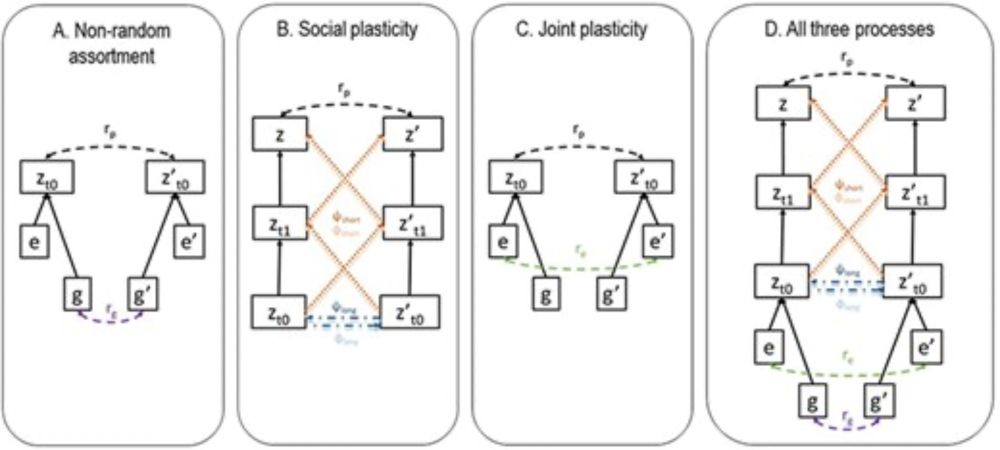
@jsmartin.bsky.social @mmoiron.bsky.social
academic.oup.com/jeb/advance-...
📰 doi.org/10.1371/jour...
We've looked into journals WITHOUT a code-sharing policy.
Results coming soon...

📰 doi.org/10.1371/jour...
We've looked into journals WITHOUT a code-sharing policy.
Results coming soon...
"...infanticide occurred in multiple contexts due to multiple drivers. Nevertheless, 48% of stepparents of both sexes adopted offspring, and another 23% of stepfathers exhibited both infanticide and long-term care."
www.pnas.org/doi/10.1073/...

"...infanticide occurred in multiple contexts due to multiple drivers. Nevertheless, 48% of stepparents of both sexes adopted offspring, and another 23% of stepfathers exhibited both infanticide and long-term care."
www.pnas.org/doi/10.1073/...
